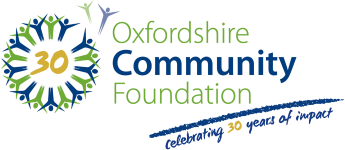Earlier this week OCF had a fantastically well attended and lively discussion about narrowing the disadvantage gap for children in their early years.
With over thirty five stakeholders in early education and disadvantage attending, the experience in the room was extensive. Academics, educators, early years specialists, third sector leaders, family specialists, the council and many other stakeholders were represented, in a richly diverse conversation about what works to engage and support disadvantaged families.
The discussion focused around best practice for identifying and engaging families needing support; what works in terms of the type of support provided; and lastly, whether and how OCF, as a convener, could best contribute to reducing the disadvantage gap.
Interesting themes that came up in conversation included the need for better provision of outreach, and using existing third sector and health networks to extend the reach of provision and tailor it to meet the needs of different communities. In some groups emphasis was put on the effectiveness of home-based support, and place-based hubs were also a topic of conversation – where these are open, accessible and provide both universal and stepped up provision. In fact universalism as a fundamental tenet of any provision was supported, in order to reduce stigma and increase access and engagement with support.
Some people raised the importance of high-quality programmes or learning settings, and in particular the benefits of increasing access to formal and informal early years environments such as nurseries. The importance of trusting relationships between families and any change-making individual or organisation was highlighted as really key to engaging parents.
As the discussion turned to how OCF could best support these aims, there was a suggestion that the infrastructure and network behind the early years sector would benefit from both additional resourcing and convening. The early identification of families seemed to be a particular gap.
There was interesting mention of work needed on impact measurement and standards, and thought could also be given to how to provide a more sustainable funding model for early years support, which would be beneficial from a number of different perspectives.
OCF is really grateful to everyone for coming along on Tuesday, and we look forward to progressing our work in this area accordingly.
If you are interested in being part of OCF’s work on early years education, please contact Project Manager Suzy Donald.

